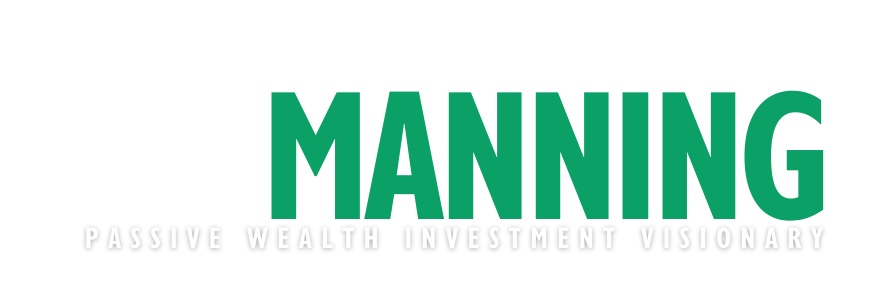Real Estate in Recession: Surprising Truths
Real Estate in Recession: Surprising Truths
Subscribe to the Passive Wealth Show on your favorite Podcast App: Apple Podcasts, or Spotify.
In this informative podcast episode, the host demystifies the complex relationship between real estate trends and economic recessions. The episode begins with a critique of sensationalist media coverage, particularly highlighting how articles like those in The Wall Street Journal may use clickbait tactics that lack solid advice. Emphasizing the importance of local market knowledge, the host advises listeners to seek professional advice tailored to their specific real estate markets.
The discussion then delves into the common misconceptions about the impact of economic downturns on real estate. Using historical data from six recessions between 1980 and 2020, the host illustrates that home prices don’t always correlate with the economy’s performance, having appreciated in four out of these six periods. The episode challenges simplistic narratives, encouraging a data-driven understanding of the market. It concludes by comparing current market conditions with past trends, noting significant differences like lack of inventory, inflated home prices, and high equity levels among homeowners. Overall, the episode offers valuable insights for those looking to understand or invest in real estate during uncertain economic times.
1. Local Market Knowledge is Crucial in Real Estate: The podcast emphasizes the importance of understanding real estate as a local phenomenon. It advises listeners to complement macro-level insights with local market knowledge, underlining the value of consulting a professional advisor who is well-versed in the specific real estate market of interest.
2. Economic Recessions and Real Estate Prices Don’t Always Correlate: Historical data from six recessions between 1980 and 2020 is used to demonstrate that economic downturns do not uniformly lead to a decrease in real estate prices. In fact, during these recessions, home prices appreciated four times and depreciated only twice, challenging the common belief that a weak economy always results in falling real estate prices.
3. Avoid Oversimplification and Base Decisions on Data: The episode criticizes the oversimplification of complex real estate dynamics, as exemplified by certain media reports and personal biases. It encourages listeners to base their understanding and decisions on solid data and research, rather than on preconceived notions or simplistic logic. This approach helps in forming a more accurate and nuanced understanding of the real estate market, especially during uncertain economic times.

